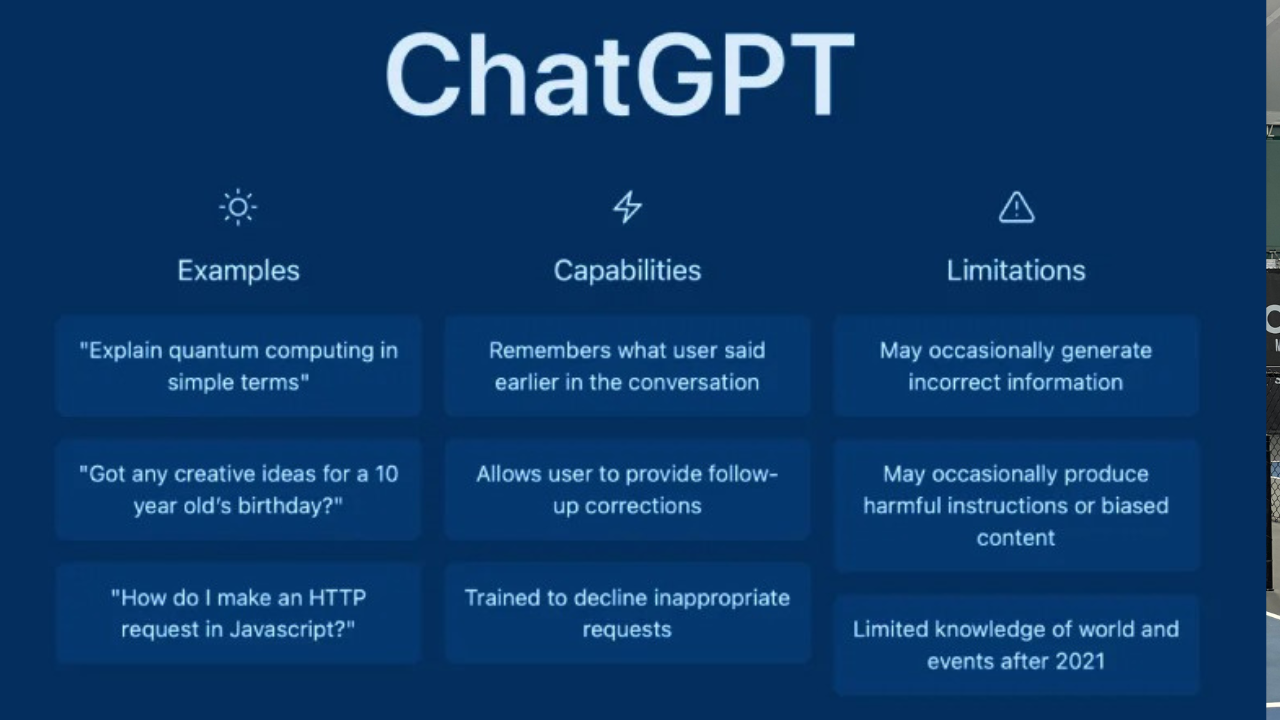By Chris Pierson
As the world pauses to grapple with the effects of coronavirus, cybercriminals have not let up. In fact, they continue to prey on a weary public with an ever-evolving array of tactics to commit hacking, fraud, identify theft, and other cyber crimes. We must stay vigilant.

As of March 31, the Federal Trade Commission advised that the top categories of coronavirus-related fraud complaints include:
- travel and vacation related reports about cancellations and refunds,
- reports about problems with online shopping,
- mobile texting scams
- government and business imposter scams.
Coronavirus-related consumer fraud complaints have resulted in a reported loss of $4.77 million, with a reported median loss of $598.
Examples of coronavirus scams
- One phishing scam claims to be a drug company researching a cure for coronavirus and asks you to install a program on your computer to help them run simulations for a cure. However, the only action that program will be taking will be to steal your information.
- Trojans are incorporating text from coronavirus news stories into their malicious code, in hopes to evade anti-virus detection. This malware may be delivered as attachments in phishing emails or links.
- Another phishing scam is delivered as a malicious spam email with an attached file claiming to contain World Health Organization (WHO) information about protecting children and businesses from the virus. If a user downloads the file, malware is installed that can steal web browsing data and track what the user types.
- Malicious apps are popping up in the various app stores. This Android app claims to track the virus across the globe, but instead is a ransomware attack in disguise.
- Dozens upon dozens of websites are being spun up by criminals, with different “Calls To Action.” Some include assisting victims of the coronavirus. One website in particular is just a front for recruiting “money mules”.
- And this map hopes you’ll click on it when browsing the internet, and in doing so download malware onto your computer.
Please join me for a live webinar on Thursday, April 16, from 3 p.m. to 3:30 p.m. for a live webinar. I will discuss the latest cybersecurity and privacy issues resulting from the coronavirus. I will also share some tips on how you can protect yourself against these emerging threats.
Chris Pierson is CEO and founder of BlackCloak, a concierge cybersecurity protection suite for high-net-worth individuals and top C-Suite executives. BlackCloak protects customers from financial loss, cybercrime, hacking, reputational damage, privacy exposure, and identity theft. Visit its website to take a free cyber risk assessment.














